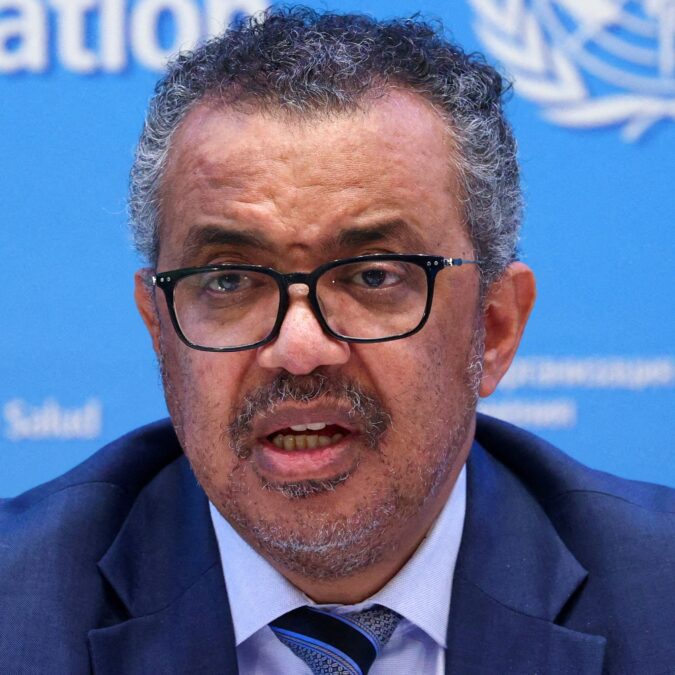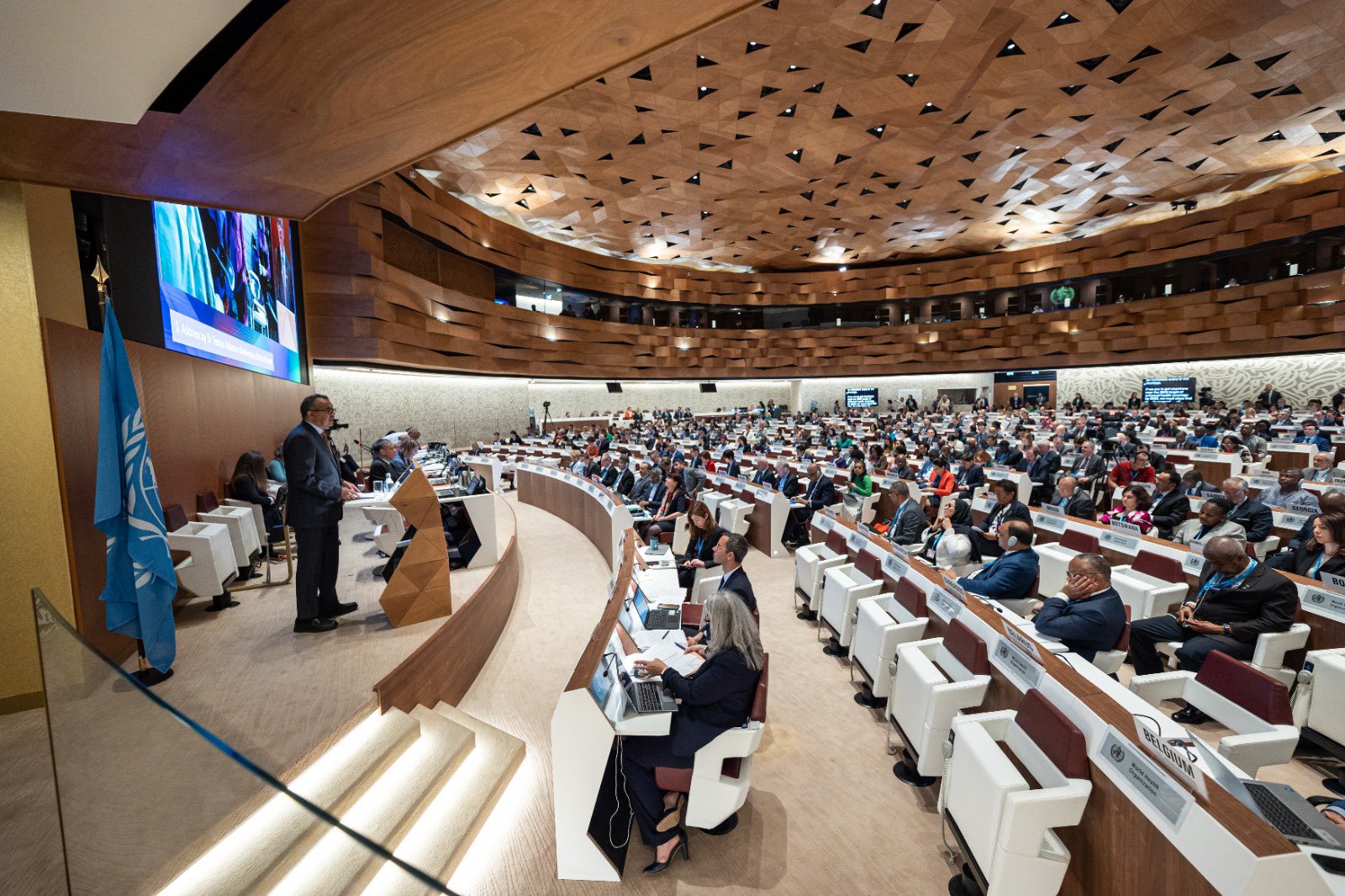GENEVA — Although COVID-19 may no longer be a global public health emergency, countries must still strengthen response to the disease and prepare for future pandemics and other threats, the Director-General of the World Health Organization (WHO) said on Monday in Geneva.
WHO chief Tedros Adhanom Ghebreyesus was delivering his report to the 76th World Health Assembly, the UN agency’s decision-making body, which is meeting this week.
The end of COVID-19 as a global health emergency is not the end of COVID-19 as a global health threat,” Tedros told Member States.
“The threat of another variant emerging that causes new surges of disease and death remains, and the threat of another pathogen emerging with even deadlier potential remains.”

Furthermore, in the face of overlapping and converging crises, “pandemics are far from the only threat we face”, he added, underscoring the need for effective global mechanisms that address and respond to emergencies of all kinds.
“When the next pandemic comes knocking – and it will – we must be ready to answer decisively, collectively, and equitably,” he advised.
Tedros said COVID-19 had significant implications for health-related targets under the Sustainable Development Goals (SDGs), which have a deadline of 2030.
The pandemic also affected progress towards the Triple Billion targets, announced at the 2017 World Health Assembly.
The five-year initiative calls for ensuring one billion more people have universal health coverage, a billion more are better protected from health emergencies, and another billion more enjoy better health and wellbeing.
Tedros also highlighted several achievements that have been made over the past year in what he called the “five Ps”: promoting, providing, protecting, powering, and performing for health.
Countries have taken action to promote health by preventing disease and addressing their root causes, for example. Between 2017 and 2022, 133 governments increased or introduced a new tax on products that harm health, such as tobacco and sugary drinks.
“We also see encouraging progress in eliminating industrially-produced trans-fat from the global food supply,” he said. “Many countries have also made impressive progress in reducing salt intake, a leading risk factor for cardiovascular disease.”
Tedros concluded his remarks by urging countries to “pick up the pace of progress” on the Triple Billion and health-related SDG targets.
He called for urgent and constructive negotiations on the new global pandemic accord and the International Health Regulations (IHR), the treaty that governs preparedness and response to health emergencies, “so the world will never again have to face the devastation of a pandemic like COVID-19”. He also asked countries to support a 20 per cent increase in their contributions to support the work of WHO.








